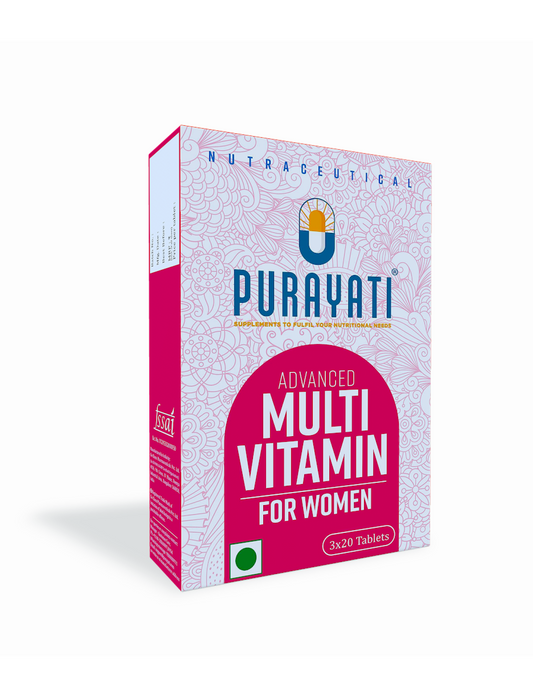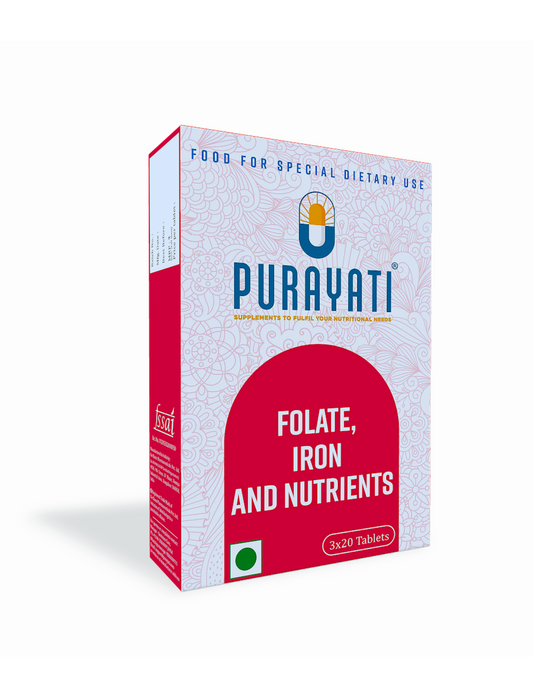Sabja seeds (Ocimum basilicum) are not a new superfood that has caught the attention of gym-goers. In fact, these seeds have a long history of usage in traditional Chinese and Ayurvedic medicines. Also known as tukhamaria or sweet basil, these seeds are well-known for their medicinal and nutritional benefits. Nowadays, Sabja seeds are especially recommended by dieticians for weight control owning to its low-carb and high protein content. Two teaspoons of Sabja seeds have only 40 calories yet these are full of nutrients. The high protein content of these seeds is particularly helpful for vegans and vegetarians aiming for weight loss. These seeds have been also used to treat high blood pressure, high cholesterol, diabetes, depression, and metabolic imbalances.
What are The Benefits of Sabja Seeds for Weight Loss?
Sabja seeds contain around 11 grams of proteins, 5 grams of carbohydrates, and 2 grams of fibre, along with oil components including 50% linoleic acid, 22% linolenic acid, 15% oleic acid, and 8% unsaturated fatty acids. Linolenic acid, an Omega-6 fatty acid, has anti-inflammatory properties and is also considered as an important precursor to conjugated linoleic acid, an anti-obesity agent. Research studies have not yet been able to simplify the complex anti-obesity regulatory pathways by different polyunsaturated fatty acids including linoleic acid. However, it has been observed in short-term trials that consumption of conjugated linoleic acid supplements for one year has resulted in a reduction in body fat mass in healthy overweight humans.
Further, the Sabja seeds contain phytochemicals polyphenolic flavonoids such as vicenin, orientin, and other antioxidants. The leaves of sweet basil are rich in essential oils. The Sabja seeds also contain vitamins such as vitamin A, vitamin K, beta carotene as well as minerals such as calcium, magnesium, potassium, manganese, and copper. Hence, consumption of Sabja seeds ensures supplementing a body undergoing weight loss with protein, fatty acids, vitamins, and minerals.
In How Many Days Can You Reduce Weight by Consuming Sabja Seeds?
There is no scientific evidence of a long-term correlation between consumption of Sabja seeds and weight loss. Consumption of Sabja seeds alone cannot lead to any change in body fat. However, including them in diet, along with exercises to burn calories will be effective in weight loss plan. Studies suggest that a calorie deficit of 500-1000 calories per day can lead to a loss of 1-2 pounds of body fat per week. Burning calories depend on age, gender, activity level, metabolic rate, and other factors. While cutting down calories, it is important to consider the number of calories needed for a balanced diet and the surplus calories that one needs to burn down to lose weight.
For weight loss, Sabja seeds are often suggested to be included in the diet. These seeds swell in the gut, making one feel satiated, thereby controlling appetite and reducing the intake of additional calories. The mucilaginous property of Sabja seeds slows down the activity of digestive enzymes and regulates gut hormones that, in turn, send satiety signals to the brain. These seeds are also a good source of dietary fibre. Around 100 grams of Sabja seeds provide 80 grams of dietary fibre. These seeds are likely to slow digestion and help cleanse the gut through regulation of bowel movement. Sabja seeds are not known to interact with any medication or supplements that one is taking and hence, are safe to consume for weight loss.
Read more: African berry fruit for weight loss
How to Consume Sabja Seeds?
The black and tear-shaped Sabja or sweet basil seeds are hard to chew and hence are not taken raw. Soaking them in water makes them more gelatinous. The seeds begin to swell when soaked in water, becoming almost twice their size with a coating of a white translucent film around each seed. Warm water causes the seeds to swell properly, releasing antioxidants.

The Sabja seeds do not have any distinct taste and hence, are usually consumed along with drinks and desserts. In summers, these seeds are generously used in preparing drinks and sherbets made with watermelon, tender coconut, or even in lemonade. Sabja seeds are a must while making Falooda, a special summer drink in India.
For medicinal purposes, Sabja seeds are added in milk and consumed at night to get relief from constipation. Diabetics are advised to take Sabja seeds soaked overnight with a glass of toned milk to control blood sugar levels. Apart from oral consumption, these seeds are also used topically. Crushed Sabja seeds mixed with coconut oil can be applied to areas affected with skin infections such as psoriasis and eczema. For haircare, powdered Sabja seeds mixed with Amla and coconut oil can help control hair fall.




